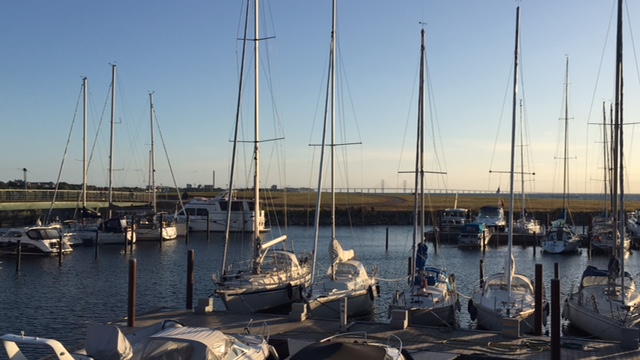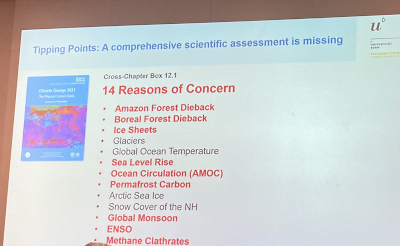Links & Contents I Liked 449

Hi all, This final post before the traditional summer break until early August is filled with interesting stories from around the #globaldev world again! UN whistleblowers, MSF visual communication, racism in UK aid, modern slavery in Haiti, economic collapse in Lebanon & Sri Lanka, digital scams in Myanmar, SDG-bashing, border regimes & the racist roots of Japanese IR-on a lighter note, the archive section features Louise Linton & the worst aid worker biography that was ever written ;) ! Happy Midsomer from Southern Sweden, have a great July & see you back in August with more #globaldev!! New from aidnography Writing the “perfect” application letter for our MA in Communication for Development–insights from the first 2000 letters As part of our application process for our MA in Communication for Development program we encourage applicants to submit a short application letter together with all the other application documents since 2016. (...) There is probably a bigger

